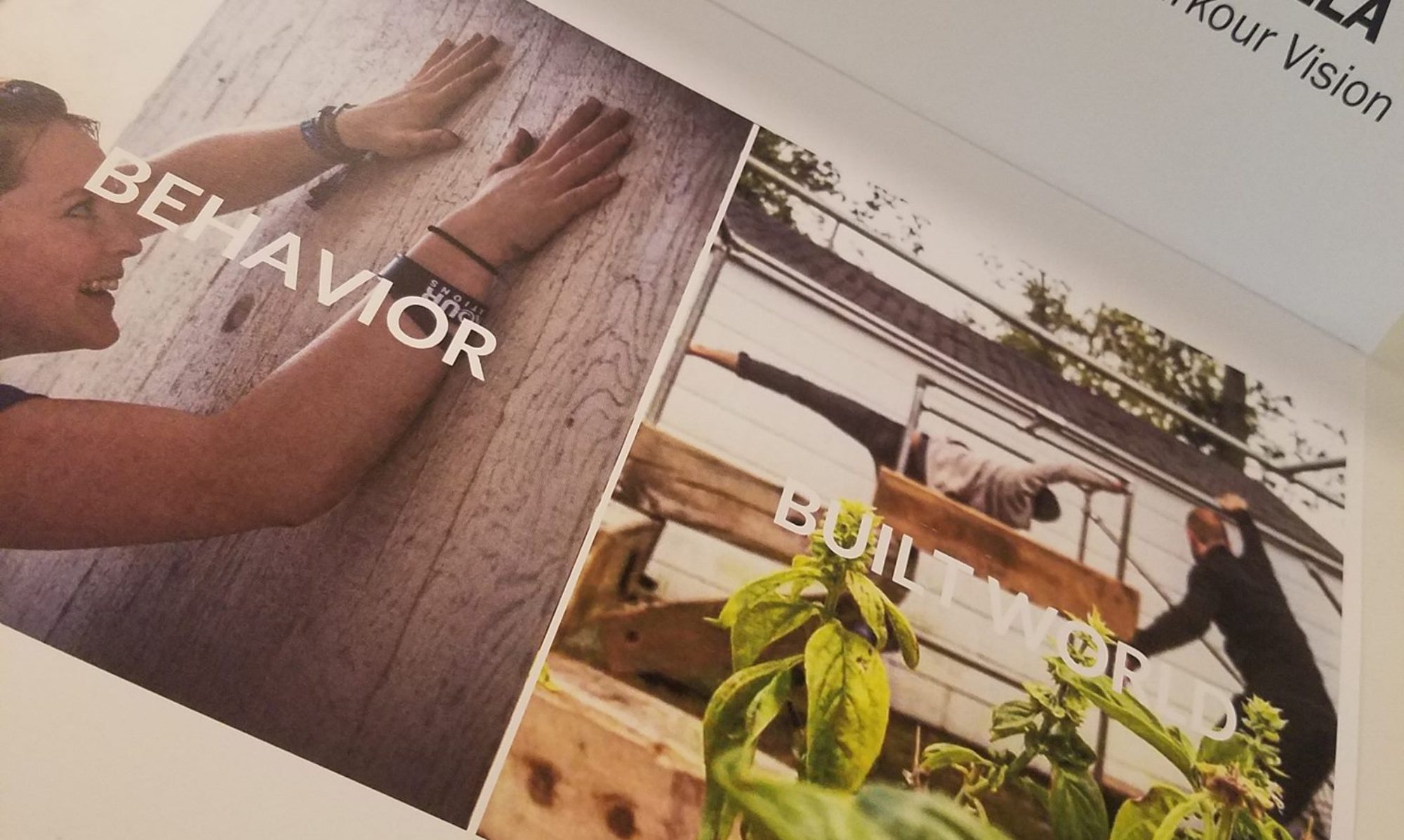It is often easier to understand our gaps in physical health than in mental health.
I can tell more easily when and where I feel strong in my body and where I still have strength to build. There are also clear and actionable ways for me to work on improving my performance and ability—I could take classes, follow a weight lifting routine, go for a run, change my diet, and so forth.
Mental health is a little harder. Emotional states are less concrete and stable as your physical state. How you feel in the morning could be fairly different by lunch or evening time, depending on what happens during the day. Over a few days or weeks you may swing from feeling highly motivated and productive to hitting a wall and feeling a mix of anxiety and helplessness.
During this time of social distancing and isolation, it is important to consistently check in with your emotional self every day–throughout the day.
The best way to do this is by building it into your routine or making it a habit. I personally love tying my physical activity to my mental check-ins, as it often gives me the most information about myself to reflect on.
Checking In
So here are three questions you can ask to check in with your mental and emotional state just before, during, and after a class or workout. These also can help tune the strength of your body-mind connection and health, and bring greater self awareness that can lead to greater stress-management.
- How do I feel right now?
Standing still, place one hand on your belly and the other on your heart. Shut your eyes and pay attention to your breath and heart rate. How do you feel right now? Doing this ritual just before and after your training session, or any time during the day. Describe to yourself how you feel; actually put words to your emotions. This will help you more fully acknowledge them. - What thoughts keep coming up, distracting me, or interfering with my focus?
When engaged in any activity, occasionally check in on yourself. Are you fully paying attention to what you’re doing or do you keep getting distracted or lost in thought? When our mind is bored, such as when doing an exercise repetitively, it looks for somewhere else to be productive — our thoughts race off to our unfinished to-do lists, work, school, etc. If you catch yourself losing attention, pause what you’re doing to bring your focus back to your body and the task at hand.
Are there any recurring thoughts or stressors that pop up and distract you? Perhaps that is a sign that there is something you are compartmentalizing, ignoring, or failing to look at. Don’t be afraid to do the work. - How does my body respond to stress? Do I tense up my shoulders or chest, or clench my jaw? Does my heart race or do I feel pain? What triggers my physical stress response?
Getting to know your physical stress response — its signs and manifestations — will help build awareness and give you greater control over how you respond. The sooner you can realize you are feeling stress or having a physical stress response, the sooner you can take steps to release and relax the emotional or mental stress.
This article was first published on Parkour Visions Online, April 6, 2020 by Caitlin Pontrella


